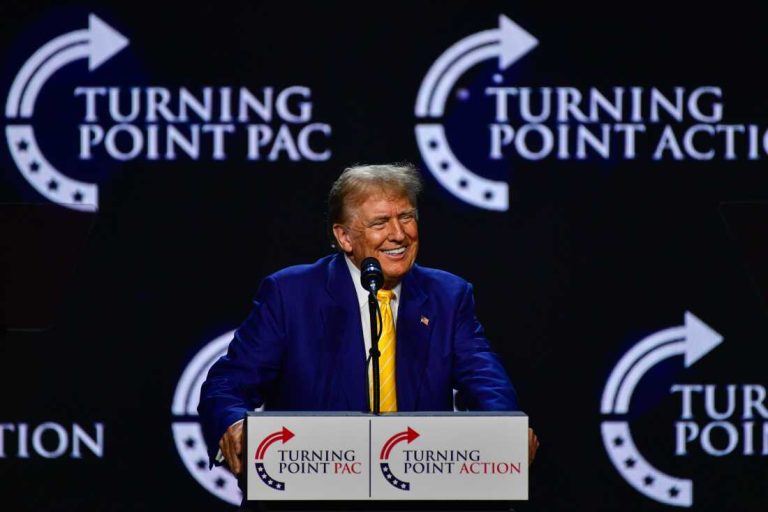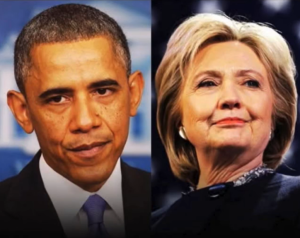Television Analyst’s Surprising Admission Shakes Up Political Conversation
In a rare moment that left both political observers and television viewers doing a double-take, a well-known national news analyst delivered a candid assessment of former President Donald Trump’s political strategy during a live broadcast. The admission, coming from a source not typically aligned with the former president, quickly spread across social media and ignited discussions about Trump’s enduring influence on American politics.
The exchange unfolded during a Monday morning segment analyzing recent polling data, shifting voter priorities, and the lingering impact of the Jeffrey Epstein case on public opinion. The analyst, a senior data reporter with years of experience tracking political trends, made a statement that immediately stood out.
“I would just say this,” the reporter began, leaning toward the camera. “Donald Trump has some of the best political instincts of any politician I’ve seen — and on this particular issue, you see it full well and clear.”
The issue in question was the waning public interest in the Epstein files, a topic that had dominated headlines earlier in the summer but has since seen a sharp drop in attention. According to the analyst’s data, Google searches for “Epstein” had fallen by nearly 90% compared to just three weeks ago. That decline, he argued, demonstrated Trump’s ability to accurately gauge when a story no longer resonates with the wider electorate.
“He’s been saying, ‘You know what, this is not an issue,’ and it turns out a lot of the American public actually seem to agree with him,” the analyst continued.
The numbers back up his assessment. A recent CNN/SSRS poll found that just one Republican voter identified the Epstein matter as their top political concern. Among Democrats and Independents surveyed, it did not register at all as a top-tier issue. In the same polling, Trump’s overall approval rating registered at 44% — a full seven points higher than at the same point in his first term.
To seasoned political strategists, this jump in approval is significant. “A sitting or former president usually struggles to move their numbers much outside of their base,” explained one veteran campaign consultant. “For Trump to see a sustained bump like this suggests he’s making choices that are resonating beyond his core supporters.”
The analyst emphasized that the current approval figure is “pretty darn good” when compared to Trump’s position in 2017. “He’s in a different political universe now,” the reporter noted, pointing out that Trump has managed to hold his base while maintaining a competitive position among swing voters.
The discussion also touched on the administration’s official conclusion regarding Jeffrey Epstein’s death — that it was a suicide and that no definitive “client list” exists. This finding has been met with skepticism in certain circles, but the analyst argued that the lack of public interest in pushing the matter further is itself a political reality.
The controversy over Epstein has been a recurring flashpoint for Trump’s critics, who often revisit the disgraced financier’s social and political connections. Yet the former president has remained defiant, recently filing a lawsuit against a major newspaper over an allegation connected to Epstein. Trump has also reminded reporters that he banned Epstein from his Mar-a-Lago club years before the financier’s arrest, citing reports of inappropriate behavior toward young women.
Still, the focus of Monday’s conversation was less about the specifics of the Epstein case and more about the broader skill of reading the political moment. The analyst suggested that knowing when to pivot away from a topic can be just as important as knowing when to push it.
“Sometimes the smartest play is to move on, even if your opponents are still talking about it,” he said.
Reaction to the segment was mixed. Supporters of the former president seized on the statement as validation from an unlikely source, sharing the clip widely across social media platforms. Critics accused the analyst of downplaying serious issues and accused Trump of manipulating public attention for political gain.
Political communication experts, however, noted that such moments on national television can have a ripple effect. “When a prominent media figure acknowledges an opponent’s skill, it forces people to reconsider their assumptions,” said Dr. Elaine Carter, a professor of political communication at Georgetown University. “It can also subtly shift the media narrative — even if just for a day or two.”
The clip continued to circulate throughout the afternoon, with commentators from across the spectrum weighing in. While some dismissed it as a fleeting moment, others saw it as a sign of changing dynamics in the political media landscape.
In the polarized environment of modern American politics, praise from across the aisle is rare — and that’s part of what made Monday’s statement so remarkable. Whether or not it translates into a lasting advantage for Trump remains to be seen, but it undeniably underscores his continued ability to dominate conversations, even when he’s not the one speaking.

James Jenkins is a celebrated Pulitzer Prize-winning author whose work has reshaped the way readers think about social justice and human rights in America. Raised in Atlanta, Georgia, James grew up in a community that instilled in him both resilience and a strong sense of responsibility toward others. After studying political science and creative writing at Howard University, he worked as a journalist covering civil rights issues before dedicating himself fully to fiction. His novels are known for their sharp, empathetic portraits of marginalized communities and for weaving personal stories with broader political realities. Jenkins’s breakout novel, Shadows of Freedom, won national acclaim for its unflinching look at systemic inequality, while his more recent works explore themes of identity, resilience, and the fight for dignity in the face of oppression. Beyond his novels, James is an active public speaker, lecturing at universities and participating in nonprofit initiatives that support literacy and community empowerment. He believes that storytelling is a way to preserve history and inspire change. When not writing, James enjoys jazz music, mentoring young writers, and traveling with his family to explore cultures and stories around the world.









